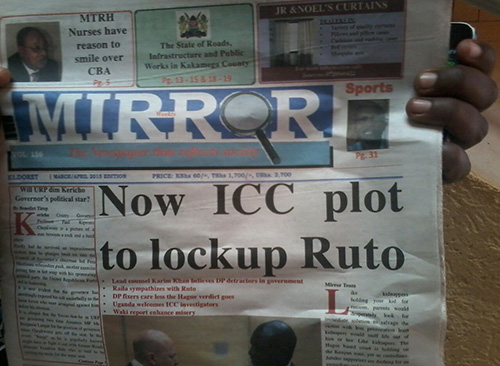Africa
2015
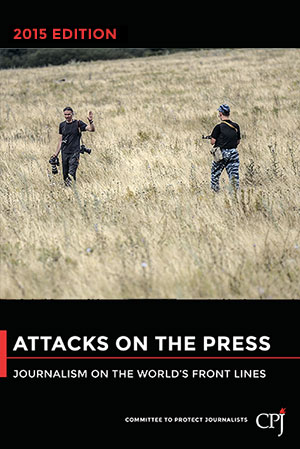
News from the Committee to Protect Journalists, April 2015
CPJ launches annual publication Attacks on the Press At a U.N. press conference on April 27 to launch CPJ’s annual publication Attacks on the Press, CPJ Executive Director Joel Simon called on the U.N. Security Council to include in its May 27 debate on Journalist Safety a warning to states that they should not use…
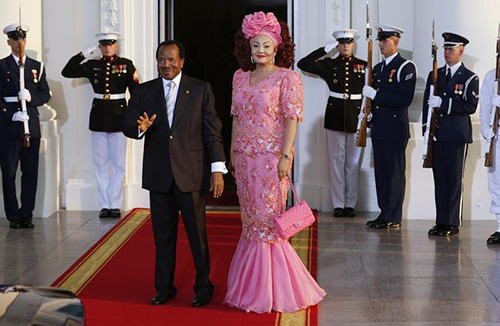
In Cameroon, press struggles with financial and official constraints
On March 16, Cameroon’s Minister of Communication, Issa Tchiroma Bakari, denounced French online news outlet Le Monde as unprofessional at a press conference after it reported on allegations that President Paul Biya was in hospital in Geneva. The incident is symbolic of the growing problem in Cameroon, which has a growing but poorly funded independent…
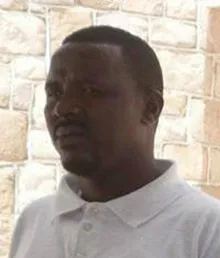
Gunmen kill a radio journalist in Somalia
Nairobi, May 1, 2015–Unidentified armed men on Wednesday night shot dead Somali journalist Daud Ali Omar at his home, according to local journalists and news reports. The Committee to Protect Journalists calls on Somali authorities to identify the motive in the murder and apprehend and prosecute the perpetrators. The gunmen broke into Daud’s house at…
On World Press Freedom Day and journalists’ safety
Last week, I met a Cameroonian journalist who worked in the Congo until he fled following a series of threats and an attack on his home by armed men who assaulted his sister. Elie Smith, a TV host who documented alleged abuses by police and was outspoken in his criticism of the government, said he…
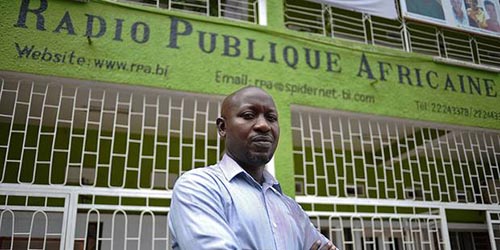
Burundian authorities crack down on press ahead of elections
Nairobi, April 29, 2015–The Committee to Protect Journalists condemns the harassment of journalists and news outlets in Burundi and calls on authorities to allow them to cover protests ahead of scheduled elections in May and June. Police cut the transmission of at least three radio stations, and telecommunications companies have been ordered to suspend mobile…
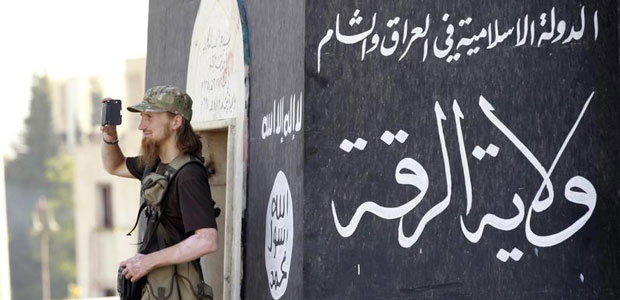
Broadcasting murder: Militants use media for deadly purpose
News of the August 19, 2014, murder of journalist James Foley broke not in the media but instead on Twitter. News organizations faced the agonizing questions of how to report on the killing and what portions of the video to show. If a group or individual commits an act of violence, and then films it,…

Conflating terrorism and journalism in Ethiopia
At the Lideta courthouse in Ethiopia’s capital city, Addis Ababa, stands a statue of a blindfolded woman holding a set of scales in her outstretched hand–a universal symbol of justice, here cast in metal of pinkish gold and wearing thick braids in her hair.

Outdated secrecy laws stifle the press in South Africa
Nelson Mandela regularly harangued the media once he’d been freed after 27 years of imprisonment by South Africa’s apartheid government. He would call individual journalists when he liked or disliked something they had written or when he wanted to advance a political lobby.

Amid Ebola outbreak, West African governments try to isolate media
On the first Saturday of November 2014, when media owner and broadcaster David Tam Baryoh switched on the mic for his weekly “Monologue” show on independent Citizen FM in Freetown, Sierra Leone, he had no idea that criticizing the government’s handling of Ebola would mean 11 days in jail.
